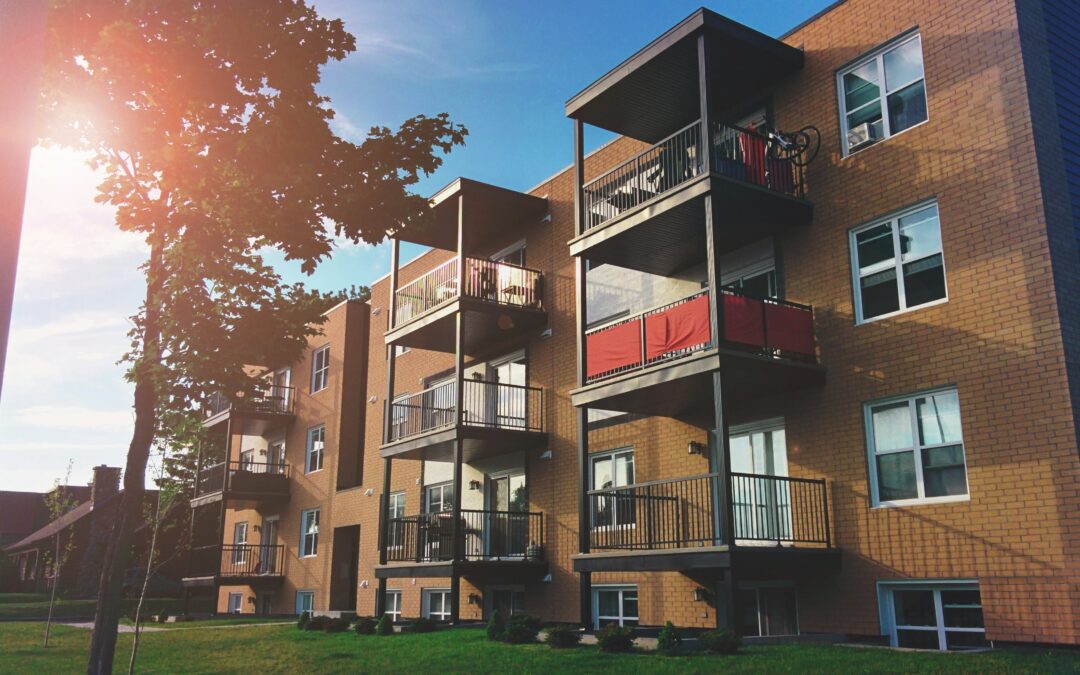We all know that the Washington Uniform Common Interest Ownership Act (“WUCIOA”) will become fully applicable to all community associations in Washington in 2028, regardless of when the associations were established. However, in January 2026, certain key provisions of WUCIOA will become applicable to all community associations including, without limitation, provisions related to meetings, billing and collection proceedings, reserve accounts, resale certificates, electric vehicle charging stations, and approval of heat pumps.
MEETINGS
One of the most significant changes that will take effect as of January 1, 2026, are the changes to board meetings. The changes will force Associations to formalize their processes, communicate openly, and allow the owners to have more opportunity to participate. For many boards that are used to performing their duties and making decisions via email, these restrictions will be cumbersome. On the other side, owners who have become accustomed to quick responses and actions by their board, will find that these changes are going to slow down response times and frustrate certain processes. Some changes will include the following:
- Open Meetings. All board and committee meetings must be open to owners. A 14-day notice is required for all board meetings unless an urgent meeting must be called, which allows for a 7-day notice. If the meeting is urgent, the Association may distribute the meeting notice electronically.
- Owner Comment Period. 15 minutes must be allotted at the beginning of each board meeting to allow for owners’ comments about agenda items.
- Board Decisions. Board decisions made outside of meetings will be allowable only for ministerial acts, items requiring owner ratification, and implementation of prior board actions taken at a board meeting.
- Remote Meetings. Electronic or remote meetings are allowed only if:
- the meeting notice states the process to be used and provides information on how to participate;
- the process provides all participants the opportunity to hear or perceive the discussion and to comment;
- any votes of the board members are conducted by roll call or other verbal vote; and
- any person entitled to participate in the meeting is given the option of participating by telephone.
- Special Meetings. If the board fails to give notice of a Special Meeting within 30 days of the owners’ request, that has otherwise been properly called, the owners can issue the notice.
- Secret Ballots. The Association is required to open and count secret ballots physically received, or review, announce and record the results of ballots received electronically in meeting minutes. Incumbent members of the board and each person named on a ballot may not possess, be given access to, or participate in the opening or counting of secret ballots.
BILLING AND COLLECTION
Significant changes to billing and collection proceedings will take effect in January 2026. These include: 1) changes to the method by which delinquency notices are sent; 2) specific deadlines and notice requirements under which an Association may send delinquency notices and/or make certain collection efforts against an owner; 3) owners’ rights to request information and documentation from the Association during collection proceedings; and 4) owners’ rights to mediation.
It is highly recommended that if you or your Association is involved in collection proceedings of any kind, you immediately seek the assistance of an attorney that is versed in these billing and collection changes so that you are obtaining a complete understanding of the pros and cons of taking each step in the collection process.
RESERVE ACCOUNTS
As of January 2026, the Association is required to hold reserve funds in an interest-bearing account in a United States financial institution, which is maintained by the board and titled solely in the name of the Association. Authorized signatures may only be added or removed at the direction of the board. In addition, the board may invest reserve funds in money market accounts, CDs, treasury bills, notes, bond, or securities under certain conditions.
RESALE CERTIFICATES
When buying a home in an Association that is subject to the requirement that the buyer receive a Resale Certificate, the buyer will be able to waive receipt of a Resale Certificate if one is unavailable. Certain requirements must be met to determine if a Resale Certificate is unavailable. In addition, the ability to cancel a Purchase and Sale Agreement based on receipt of a Resale Certificate is changing based on if and when the Resale Certificate is first provided to a buyer.
ELECTRIC VEHICLE CHARGING STATIONS AND HEAT PUMPS
In January 2026, Associations may no longer require approval of the installation of an electric vehicle charging station (EVCS) unless it is installed in a common element or is connected to common power supply.
Additionally, the board may not unreasonably withhold approval of heat pump installation on or in a common element.
The above changes to our Association communities are going to be significant and will come with growing pains. However, we can navigate these changes together by listening to our community members, maintaining open dialogue, and working to build healthier communities, stronger relationships, and moving forward with our common interests in mind.

Recent Comments